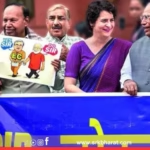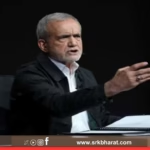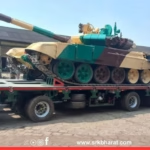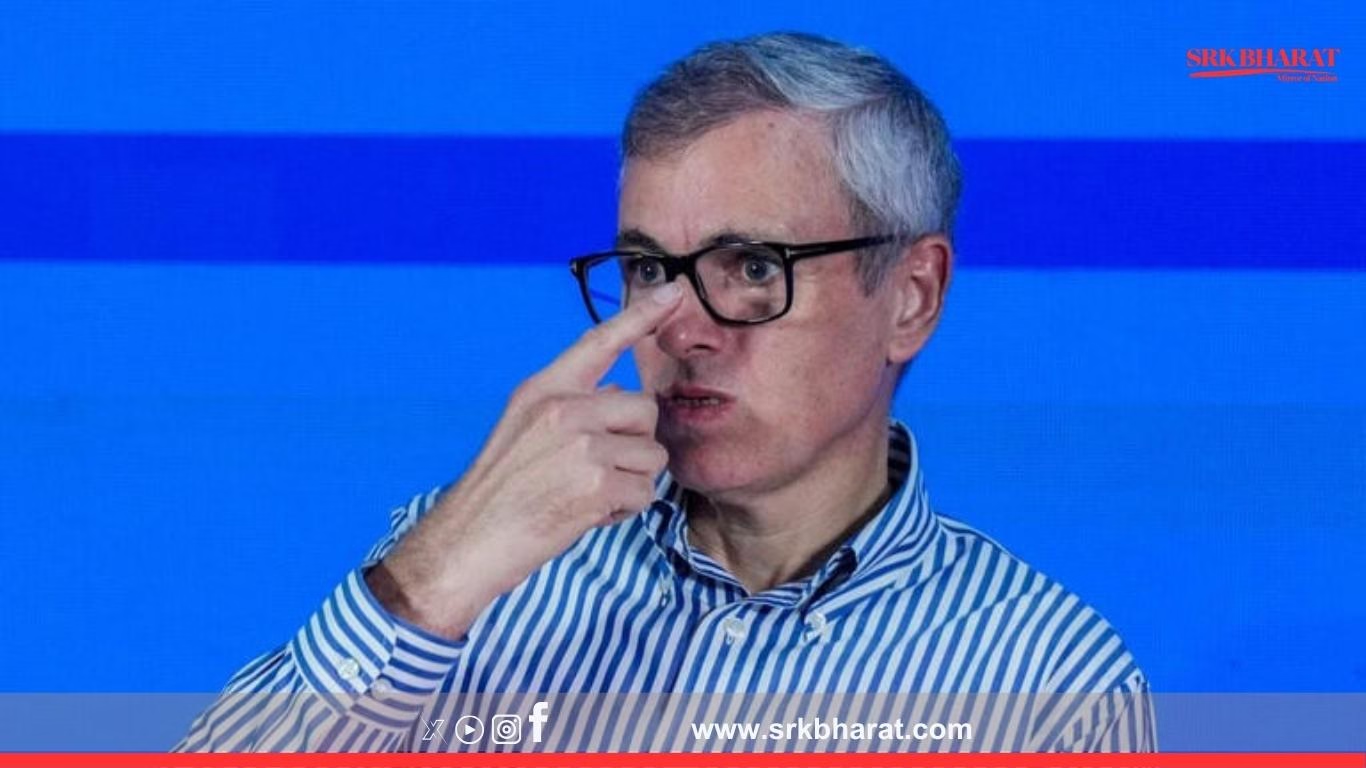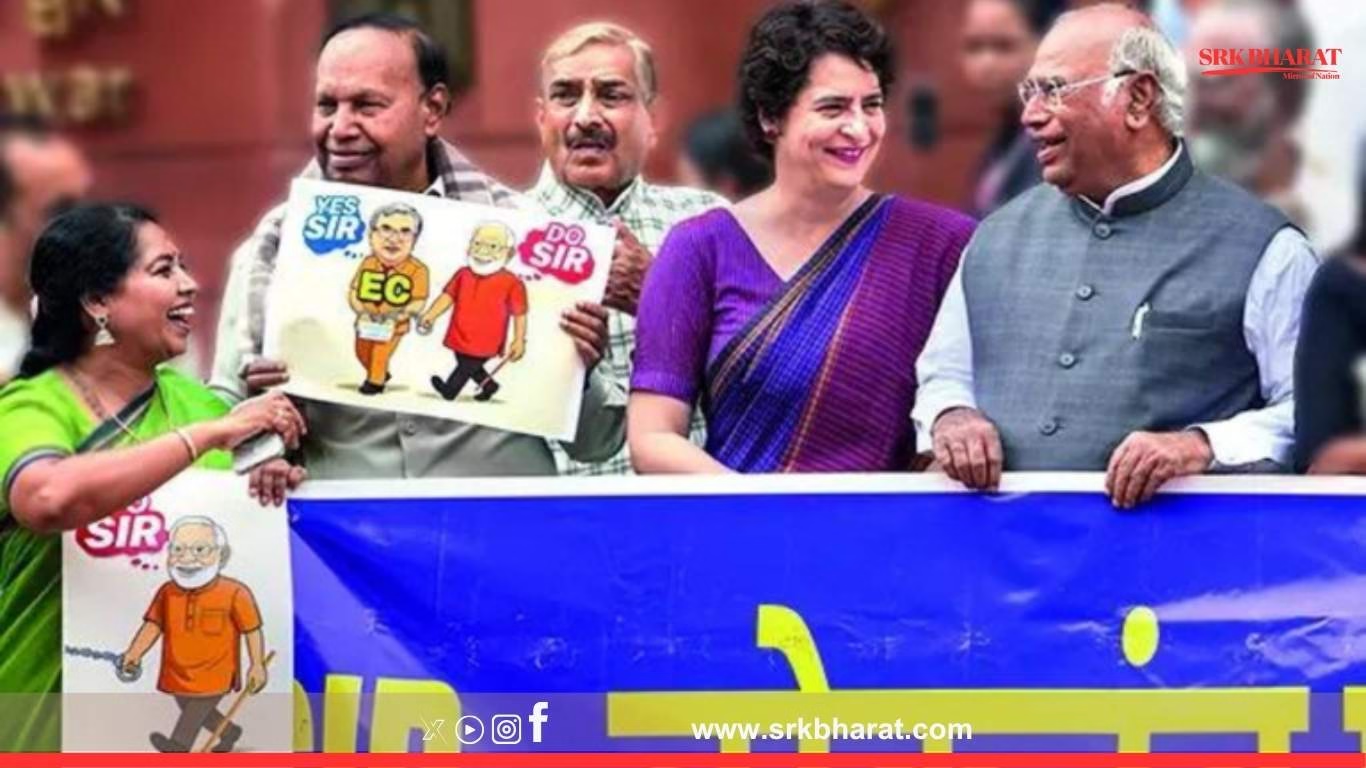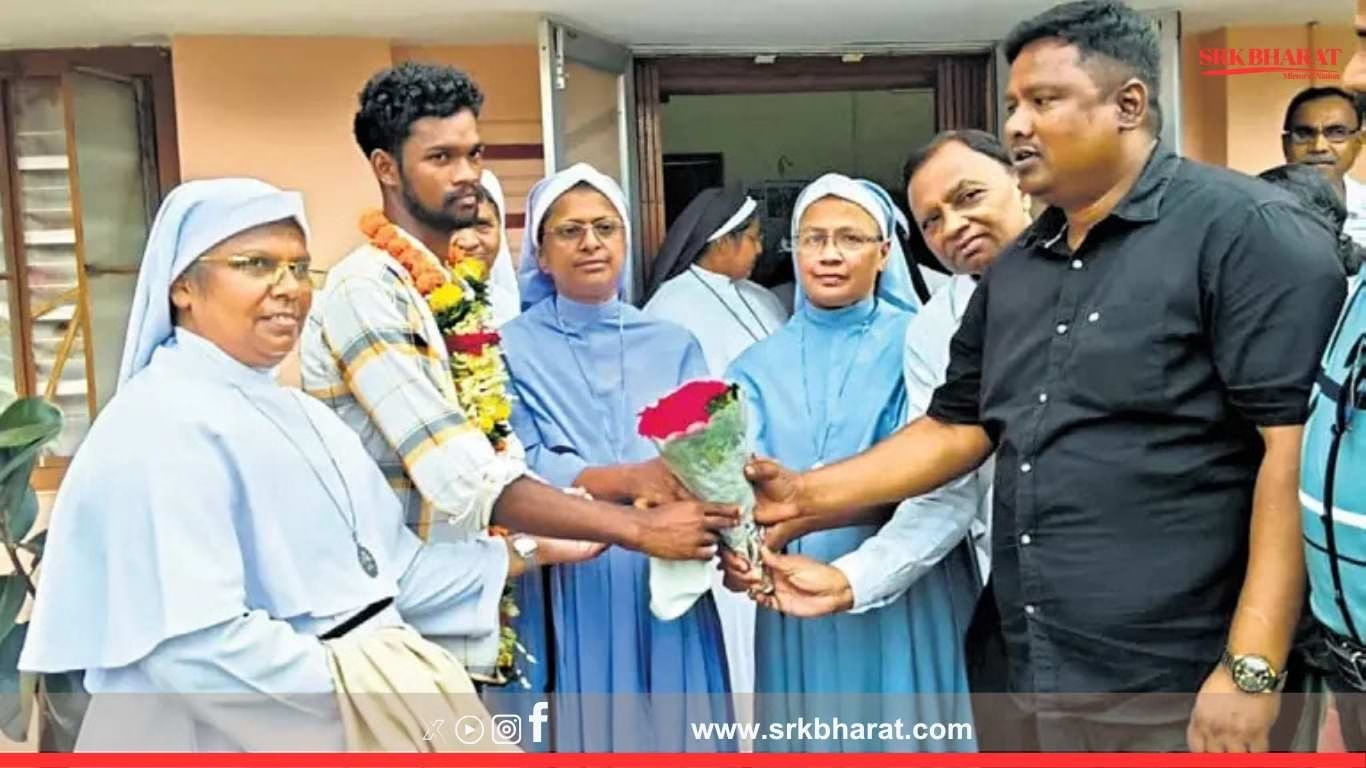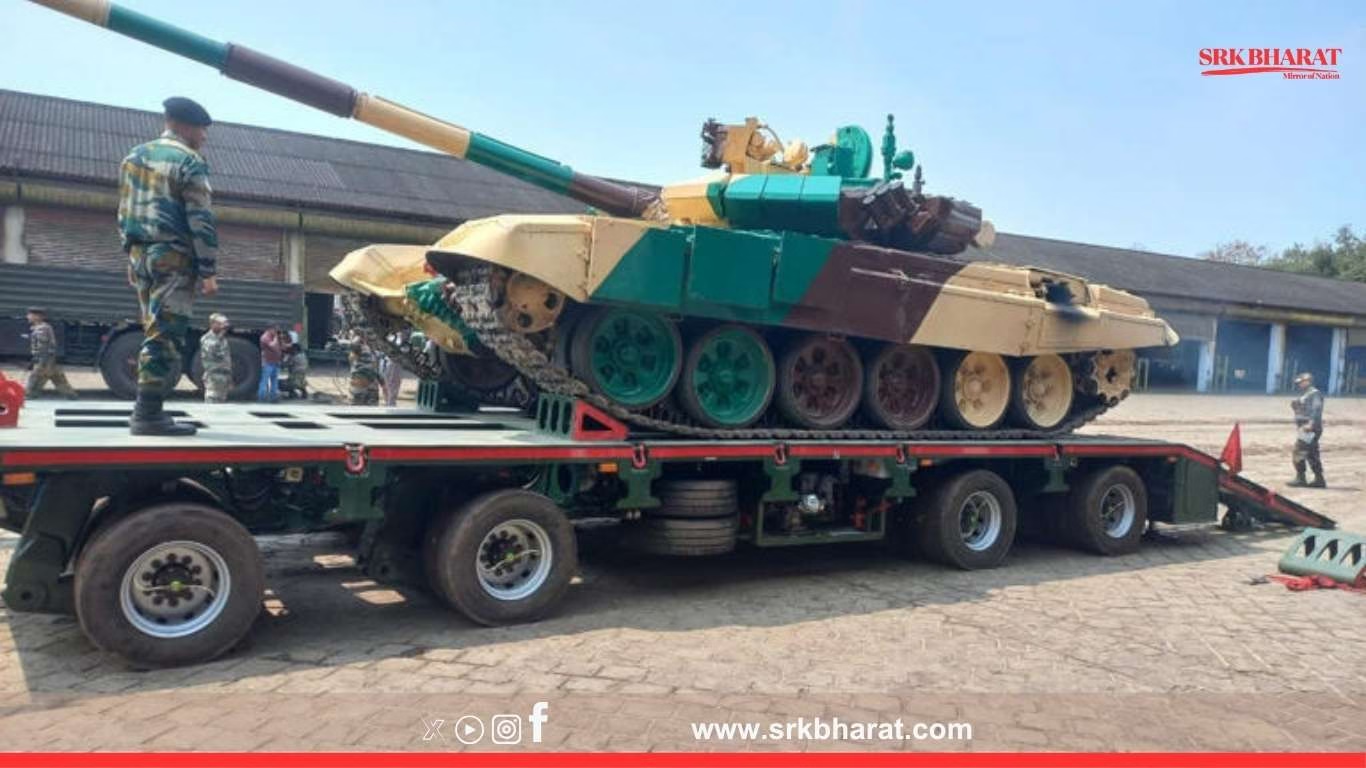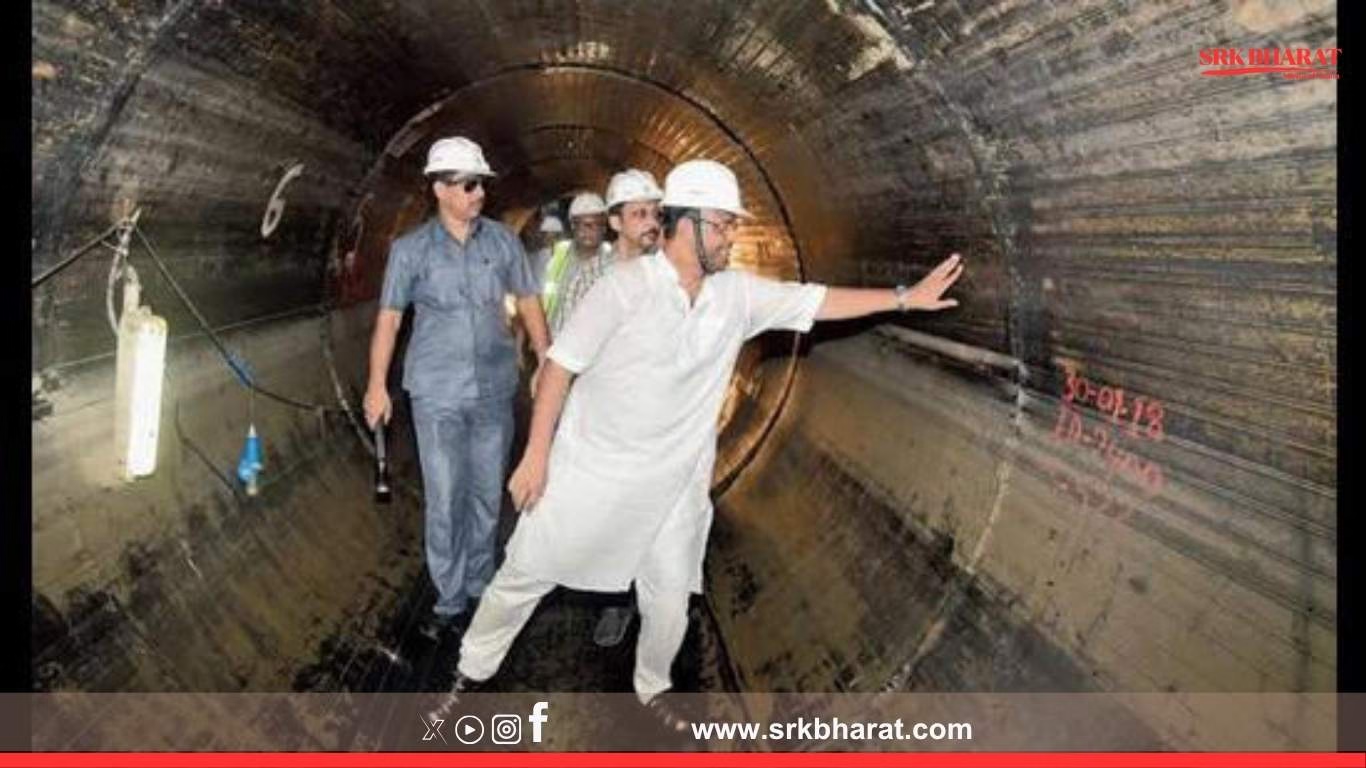Former Jammu and Kashmir Chief Minister and National Conference (NC) Vice-President Omar Abdullah has strongly criticised the imposition of restrictions preventing political leaders and citizens from visiting the historic martyrs’ graveyard in Srinagar on Martyrs’ Day. Calling the move “blatantly undemocratic”, Omar condemned what he termed as the administration’s attempt to erase the sacrifices of those who laid down their lives for the region’s rights.
What Happened On Martyrs’ Day?
Martyrs’ Day, observed annually on July 13, commemorates the 22 Kashmiris killed in 1931 by the forces of the Dogra Maharaja outside Srinagar Central Jail. The day has been a public holiday in Jammu and Kashmir for decades until the removal of Article 370, after which it was removed from the official list of public holidays.
This year, Omar Abdullah, along with other NC leaders, was reportedly prevented from visiting the graveyard at Naqshband Sahib in Srinagar, where the martyrs are buried.
Omar Abdullah’s Strong Reaction
Taking to social media, Omar posted:
“The decision to lock gates and prevent us from paying homage is blatantly undemocratic. How insecure is the administration that it fears peaceful tributes to martyrs who sacrificed their lives fighting tyranny.”
In another post, he added:
“These restrictions reflect an attempt to erase our history. The martyrs of 1931 laid the foundation for the people’s rights in J&K. They deserve respect, not official neglect.”
NC Leaders Detained, Restrictions Imposed
Reports indicate that several National Conference workers and leaders were detained as a preventive measure to stop gatherings near the graveyard. Heavy deployment of security personnel and barricading was seen around the Naqshband Sahib area.
Key Points From The Ground
| Aspect | Details |
|---|---|
| Who faced restrictions? | Omar Abdullah, NC leaders, local party workers |
| Where? | Martyrs’ graveyard, Naqshband Sahib, Srinagar |
| Why? | Cited security reasons to prevent large gatherings |
| Public reaction | Anger among NC supporters; silence from BJP leaders |
Why Is July 13 Significant In Kashmir’s Political History?
- 1931 Massacre: Sparked by public anger against Dogra autocracy, 22 people were killed while protesting for civil liberties and against oppressive taxation.
- Political Symbolism: The day is regarded as the beginning of the Kashmiri freedom struggle and has been integral to NC’s political narrative.
- Post-370 Changes: Removal of this day from the list of state holidays is viewed by regional parties as an erosion of Kashmir’s identity and history.
Administration’s Justification
The Jammu and Kashmir administration has not issued an official statement, but security officials stated that the restrictions were preventive in nature to avoid any “law and order situation”.
However, NC leaders rejected this argument, calling it an excuse to suppress democratic rights.
Reactions From Other Political Parties
- PDP (Peoples Democratic Party): Mehbooba Mufti criticised the administration, stating, “Stopping leaders from paying tributes shows deliberate attempts to distort our history.”
- People’s Conference: Sajad Lone called the restrictions “unjustified and unconstitutional.”
Impact On Regional Sentiments
The denial of access to the graveyard has deepened resentment among traditional voters of regional parties who consider Martyrs’ Day a cornerstone of Kashmir’s political identity.
Political analysts suggest that these curbs:
- Strengthen the narrative of alienation and cultural erasure post-Article 370 abrogation.
- Provide parties like NC and PDP a renewed emotional connect with voters ahead of possible Assembly elections.
Public Reactions
Fayaz Ahmad, Srinagar local:
“Every year we come here to offer Fateha to martyrs. Today the area was sealed. It hurts our sentiments. Even in death, these brave souls are being dishonoured.”
Zoya Bashir, student activist:
“History can’t be deleted by blocking gates. The people will remember who they are and where they come from.”
Security Situation On The Day
- Heavy deployment of CRPF and police personnel
- Mobile barricades placed at entry points
- Random frisking and checking to deter gatherings
- Section 144 effectively enforced in surrounding areas
Past Incidents Of Similar Restrictions
| Year | Event | Action Taken |
|---|---|---|
| 2020 | Martyrs’ Day | No official function; limited movement allowed |
| 2021 | Martyrs’ Day | Severe COVID restrictions imposed |
| 2022 | Martyrs’ Day | Barricading and denial of political visits |
| 2023 | Martyrs’ Day | Curbs on PDP and NC leaders to visit graveyard |
These repeated restrictions have led to criticism that political spaces in Kashmir remain curtailed despite official claims of normalcy.
Omar Abdullah’s Broader Message
In his closing remarks to the media, Omar said:
“Those who laid down their lives in 1931 didn’t ask for anything except dignity and rights. Denying us the chance to remember them is an insult to our collective identity. The government should rise above insecurity.”
What Does This Mean Politically?
Political experts argue that these incidents reflect:
- A continued policy of security prioritisation over political outreach.
- The ruling administration’s unwillingness to allow regional parties symbolic or moral victories.
- Potential intensification of NC and PDP campaigns built around identity, dignity, and history, ahead of Assembly polls.
Conclusion
The incident on Martyrs’ Day marks another chapter in the ongoing tussle between regional aspirations and centralised administrative policies in Jammu and Kashmir. While the government cites security, parties like National Conference view it as an assault on democratic rights and regional identity.
Whether these symbolic curbs will have electoral consequences remains to be seen, but they have certainly rekindled memories of Kashmir’s turbulent political history, reinforcing the emotional connect between its people and their martyrs.
Disclaimer: This article is for general informational purposes only. Statements, data, and quotes are based on official remarks and public reactions. Readers are advised to follow government and party press releases for updates and verified clarifications.

